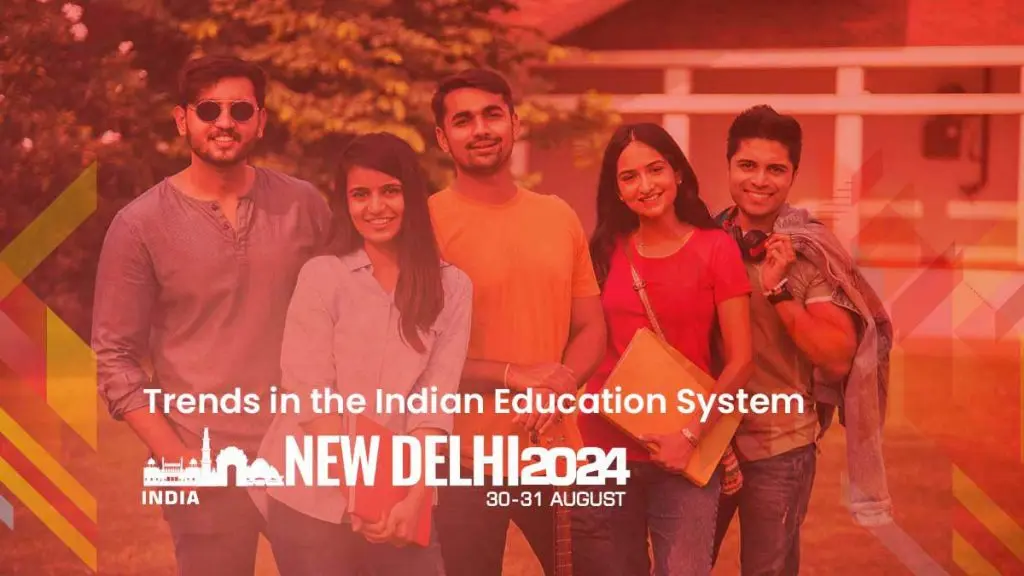Key trends in the Indian education system
1. Digital transformation
The COVID-19 epidemic served as a driving force behind India’s educational transition to digitalization. With a rising focus on blended learning models, the swift transition to online learning platforms has persisted beyond 2024. EdTech businesses, which offer creative ways to improve the educational process, are essential to this change. The use of AI and all modern tools has been a topic of discussion in our previous events and remains a topic of discussion in our education event in India, keeping in mind the challenges Indian students and educators face in incorporating the learning and teaching methodologies.
Key statistics:
- The Indian EdTech market is projected to reach $10.4 billion by 2025.
- More than 70% of schools and universities include digital technologies in their curriculum.
2. NEP 2020 implementation
All throughout the nation, the National Education Policy (NEP) 2020, a comprehensive framework intended to transform the Indian educational system, is being implemented in different phases. The policy is changing the face of education by emphasizing skill development, flexible curricula, and holistic and multidisciplinary education. In Eduverse’s education event in India, our panelists will be discussing the key initiatives as follows:
- Vocational education is introduced starting in sixth grade.
- Place an emphasis on inquiry-based and experiential learning.
- Encouragement of the use of regional languages in teaching.
3. Emphasis on skill development
A deliberate attempt is being made to incorporate skill development into the educational system as the skills gap in the Indian workforce becomes more widely acknowledged. The goal of efforts like the Pradhan Mantri Kaushal Vikas Yojana (PMKVY) and other state-level programs is to give students skills that are relevant to the workforce.
Key statistics:
- Under PMKVY, about 20 million young people have received training.
- In addition to standard degrees, 80 percent of universities now offer courses in skill development.
4. Inclusive education
Maintaining universal access to high-quality education for all societal segments is still a top concern. Girls, students with disabilities, and economically disadvantaged groups are among the marginalized communities for which the government and a number of NGOs are striving to improve access to education.
Key initiatives:
- Putting the Right to Education (RTE) Act into practice.
- Financial aid and scholarship programs for students from disadvantaged backgrounds.
- Creation of inclusive infrastructure and curricula.
5. Research and Innovation
There’s a big push in higher education to support research and innovation, intending to make India a worldwide knowledge hub. The trend’s main components are the creation of new research institutes, more financing, and global partnerships. Know about more such trends at our upcoming educational events in India.
Key developments:
- As of 2024, India is ranked 46th in the world for innovation.
- Established the National Research Foundation (NRF) to support cutting-edge research.
The course of the Indian education system is being shaped by a multitude of possibilities and challenges at this pivotal moment. Eduverse Summit India 2024 is hosting its educational event in India on August 30-31 at JW Marriott Aerocity, New Delhi to address these challenges and seek opportunities to make the education system more inclusive, embrace AI and much more. Reserve your spot and be a part of this highly productive gathering.






